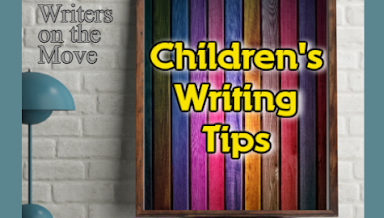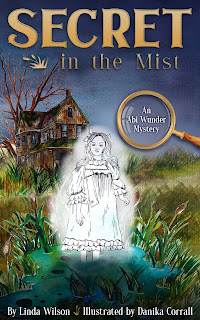Creative Writing Tips: The Importance of Story by Deborah Lyn Stanley
We often read blogs and books to assist our endeavors in the craft of writing. Many are written with tips and guides to approach: plot, character, setting and structure. We may write blog posts, fiction, memoir or non-fiction pieces. But we all are telling stories as we use descriptive prose, narration, action and challenges to overcome.
Dinty W. Moore, author of The Story Cure, has an intriguing approach. We may be planning scenes for a book or articles for a magazine series. Whatever we plan may be helped by Mr. Moore as he breaks down “just what the Book Doctor orders”.
Mr. Moore frequently uses metaphors to make his points and engage the reader. It’s not “pain-free” but, even-though writing is painstaking, it should not be painful. Don’t let negative thoughts and doubts overcome the thrill of creative discovery!
As we travel along, read and listen to this intriguing method, whether we are in the midst of a project or at the start, it’s healthy to analyze our plan, our goals, and decide what’s working and what’s not.
Explore the Heart Story you are writing. What’s first in importance for the flow of humanity that runs underneath it? Identify the primal concern or desire in your book, story, or post and focus on the heart of it. This is so much more than diving into “theme” or “meaning”. There’s action and power with the heart to guide the story.
For example, Dinty Moore, points to David Copperfield by Charles Dickens’s. Throughout Copperfield’s adventures, setbacks, and unexpected events, we become aware of what he wants most. Copperfield wants an end to the abuse of weak and helpless orphans, debtors and the mentally ill by the wealthy and powerful.
Our goal is to engage readers, to write something of value, purpose and inspiration!
So we want to write vital posts, stories, books—ones the reader can enter, that incite a desire to see what happens next.
To that end, What does your character really want? What is his/her chief desire?
Once known, consider the emotions involved. What is it really about? Disappointments, fear of being left, safety, failure—go deeper.
Next, go through your piece making a list of the areas that are clearly connected to what your character really wants and strengthen others as needed.
Using Metaphors Adds Story to Articles, Posts & Interest to Narratives
Recommended links:
• The Story Cure by Dinty W. Moore
A Book Doctor’s Pain-Free Guide to Finishing Your Novel or Memoir
https://www.amazon.com/Story-Cure-Doctors-Pain-Free-Finishing/dp/0399578803
• What’s The Story by Melissa Donovan
The Storyteller’s Toolbox—Building Blocks for Fiction Writing
https://www.amazon.com/Building-Fiction-Writing-Storytellers-Toolbox/dp/0997671300/ref=tmm_pap_swatch_0?_encoding=UTF8&qid=1676233579&sr=1-1
Deborah Lyn Stanley is an author of Creative Non-Fiction. She writes articles, essays and stories. She is passionate about caring for the mentally impaired through creative arts.
Visit her My Writer’s Life website at: https://deborahlynwriter.com/
Visit her caregiver’s website: https://deborahlyncaregiver.com/
Mom & Me: A Story of Dementia and the Power of God’s Love is available:
https://www.amazon.com/Deborah-Lyn-Stanley/
& https://books2read.com/b/valuestories
Share on LinkedIn
https://www.linkedin.com/
And more via the icon bar below































